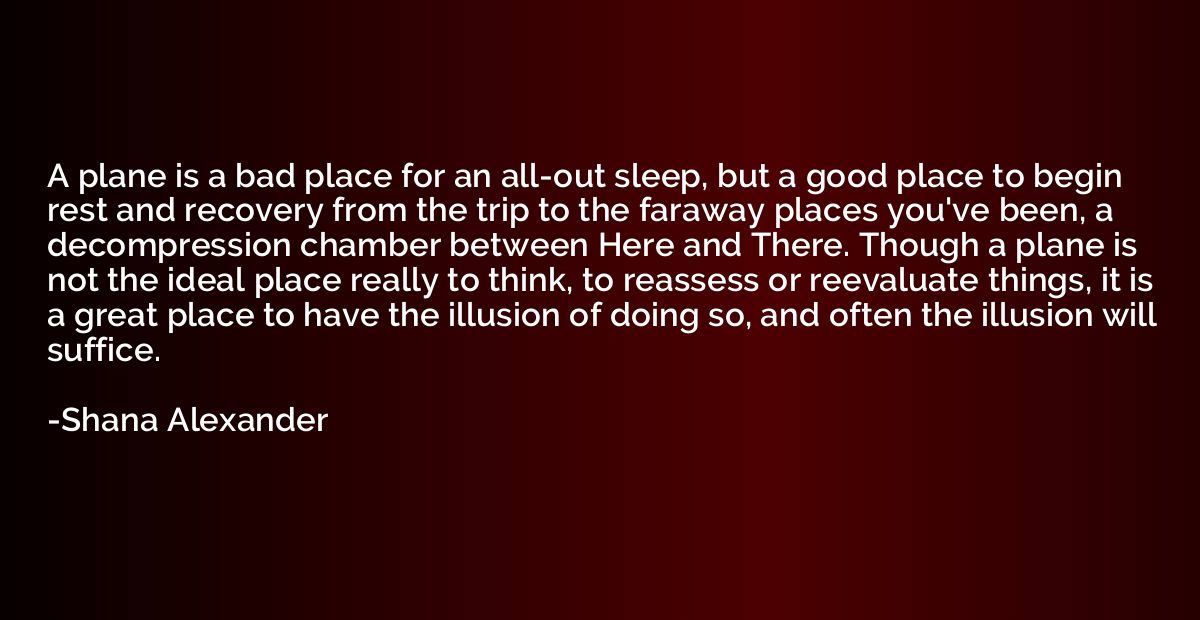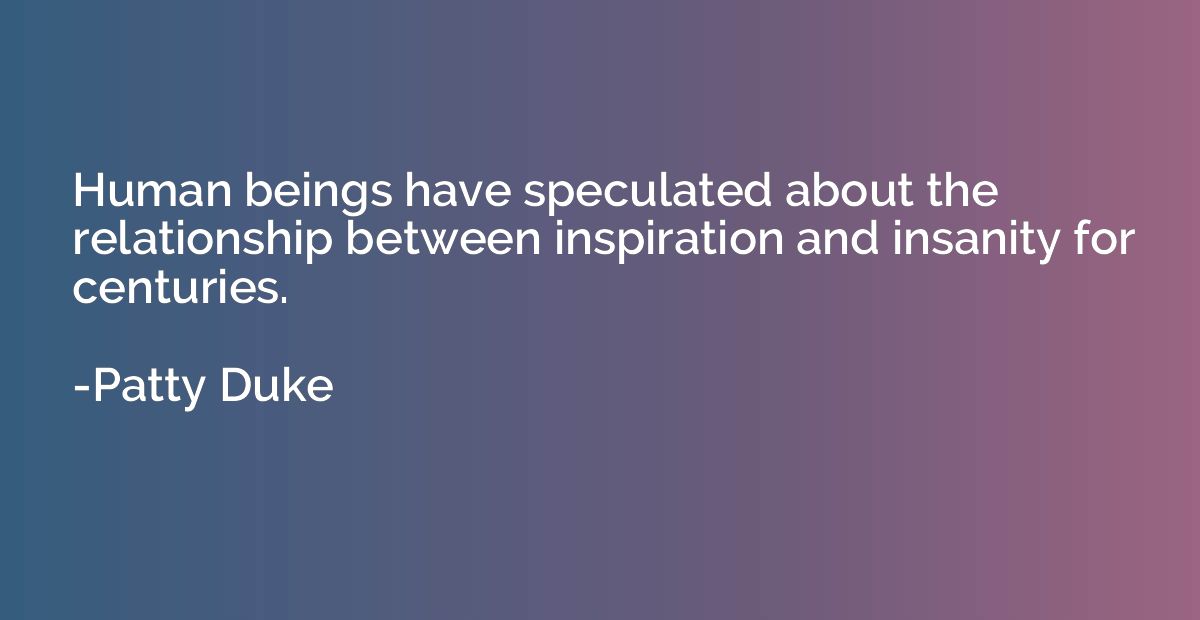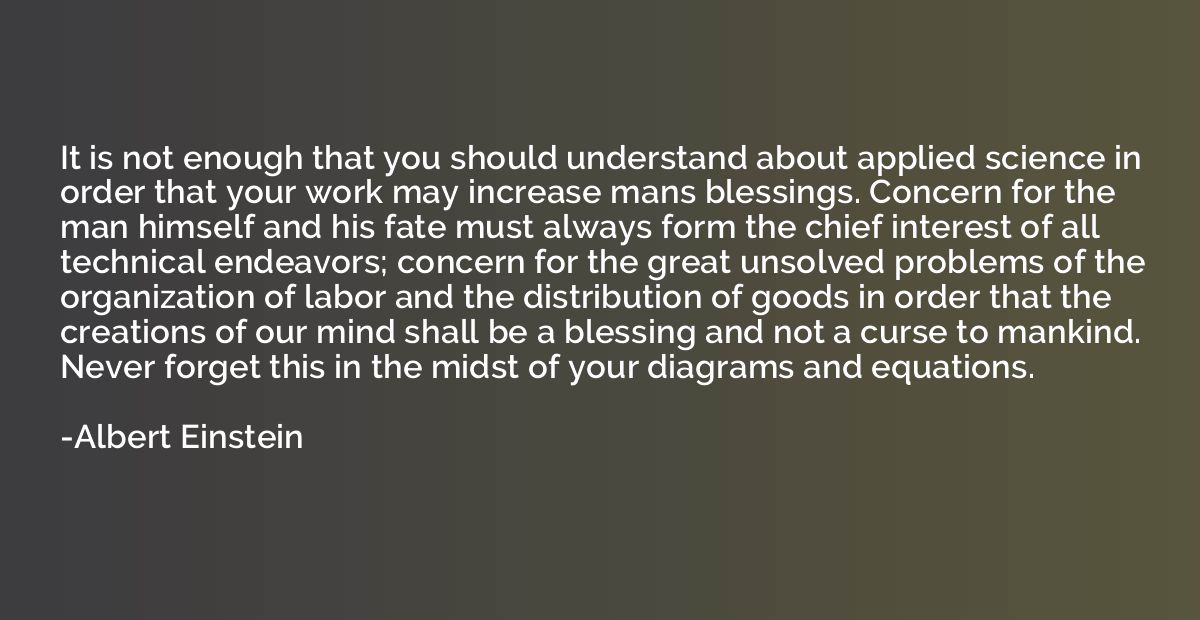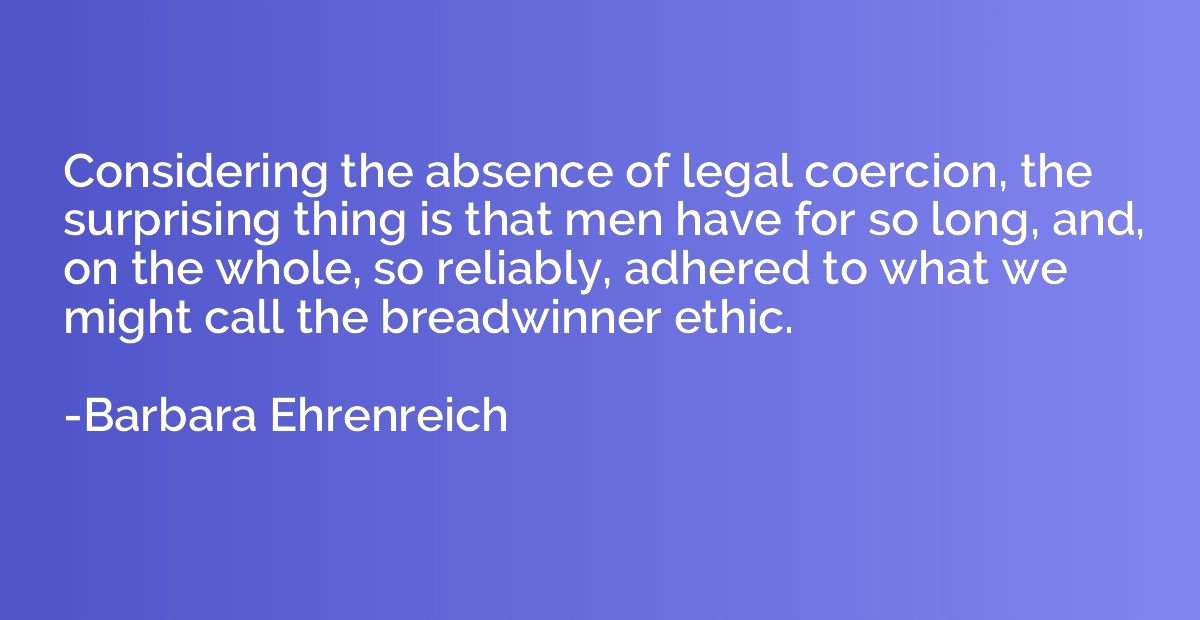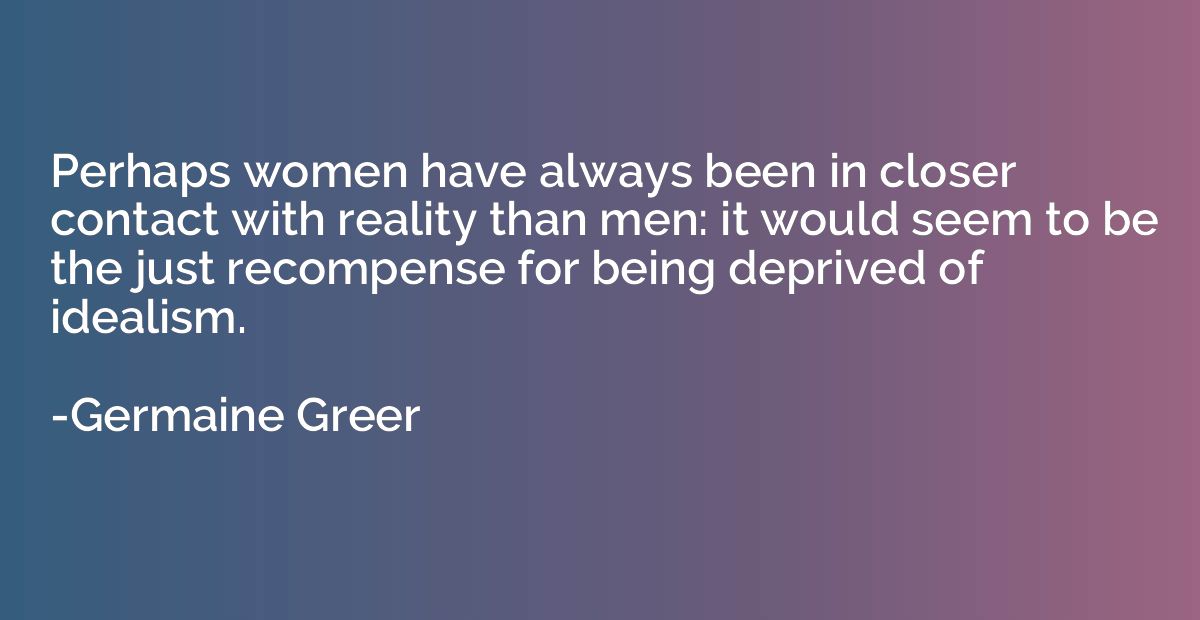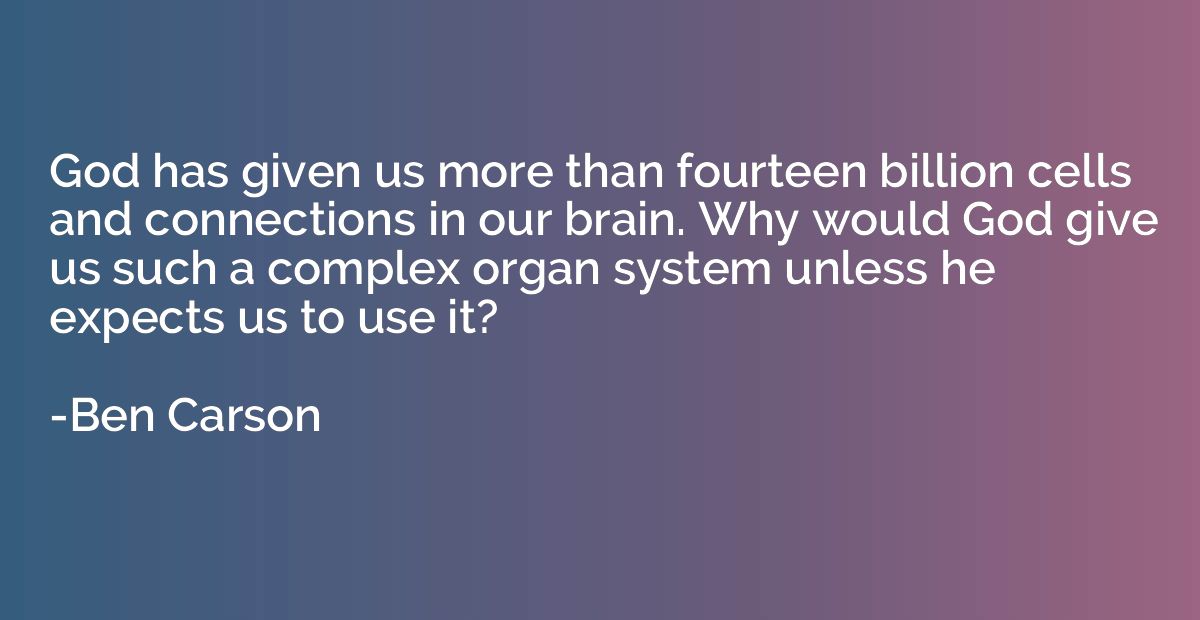Quote by Christopher Hitchens
It comes as no surprise to find [Norman] Mailer embracing [in the book ] a form of Manicheanism, pitting the forces of light and darkness against each other in a permanent stand-off, with humanity as the battlefield. (When asked if Jesus is part of this battle, he responds rather loftily that he thinks it is a distinct possibility.) But it is at points like this that he talks as if all the late-night undergraduate talk sessions on the question of theism had become rolled into one. 'How can we not face up to the fact that if God is All-Powerful, He cannot be All-Good. Or She cannot be All-Good.'Mailer says that questions such as this have bedevilled 'theologians', whereas it would be more accurate to say that such questions, posed by philosophers, have attempted to put theologians out of business. A long exchange on the probability of reincarnation (known to Mailer sometimes as karmic reassignment) manages to fall slightly below the level of those undergraduate talk sessions. The Manichean stand-off leads Mailer, in closing, to speculate on what God might desire politically and to say: 'In different times, the heavens may have been partial to monarchy, to communism, and certainly the Lord was interested in democracy, in capitalism. (As was the Devil!)'I think it was at this point that I decided I would rather remember Mailer as the author of and .
![It comes as no surprise to find [Norman] Mailer embracing [i](https://quotation.io/quotes/comes-surprise-find-norman-mailer-embracing.jpg)
Summary
This quote explains that Norman Mailer's embrace of a Manichean worldview in his book involves the concept of opposing forces of light and darkness in a perpetual battle on the field of humanity. When questioned about the role of Jesus in this battle, Mailer suggestively contemplates the idea without providing a clear answer. The quote also criticizes Mailer for delving into discussions that resemble late-night undergraduate conversations about theism, questioning the compatibility of an all-powerful and all-good God. The passage identifies Mailer's speculation about God's political preferences and expresses the author's preference for remembering Mailer based on his notable works rather than his theoretical musings.



